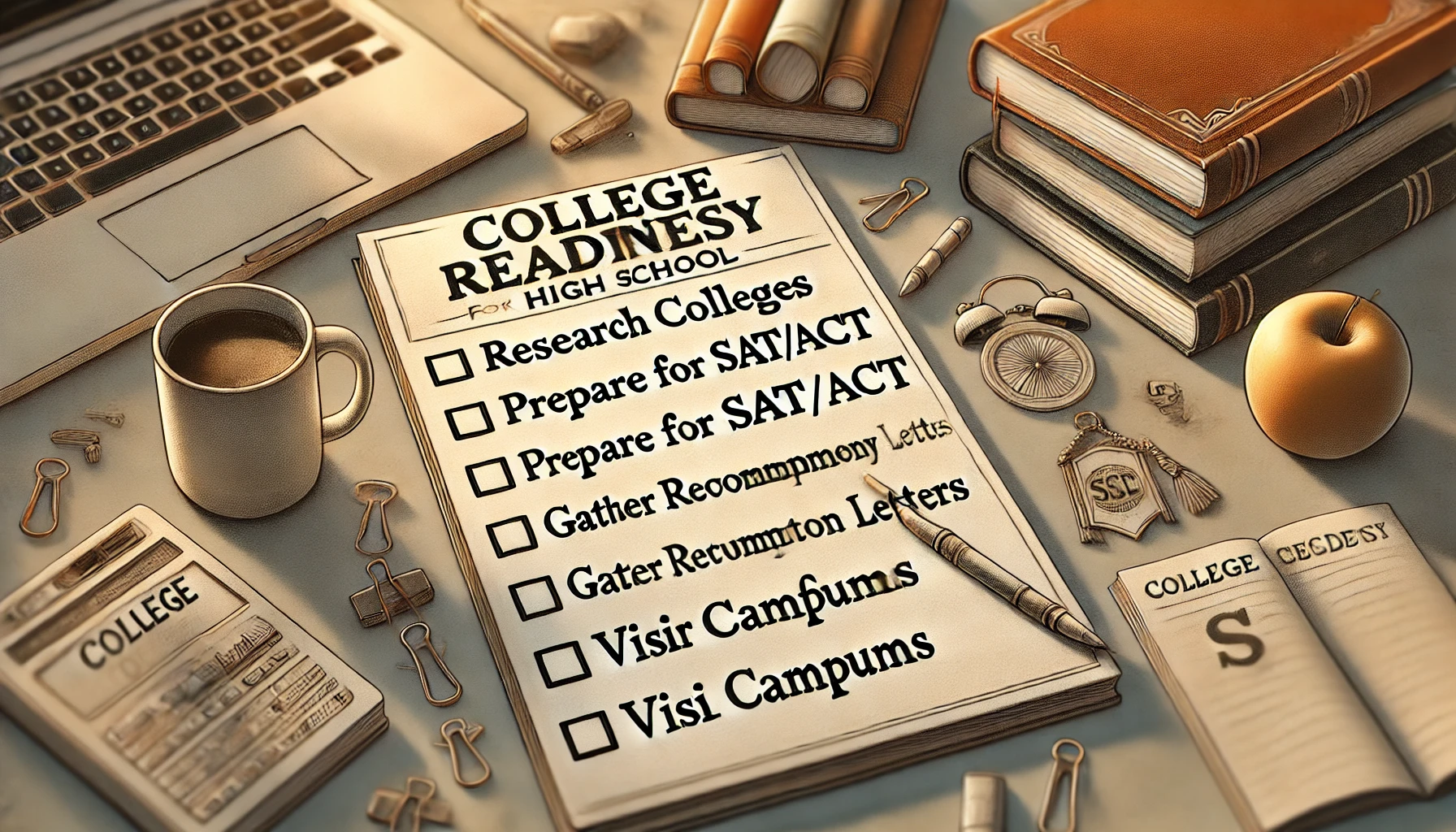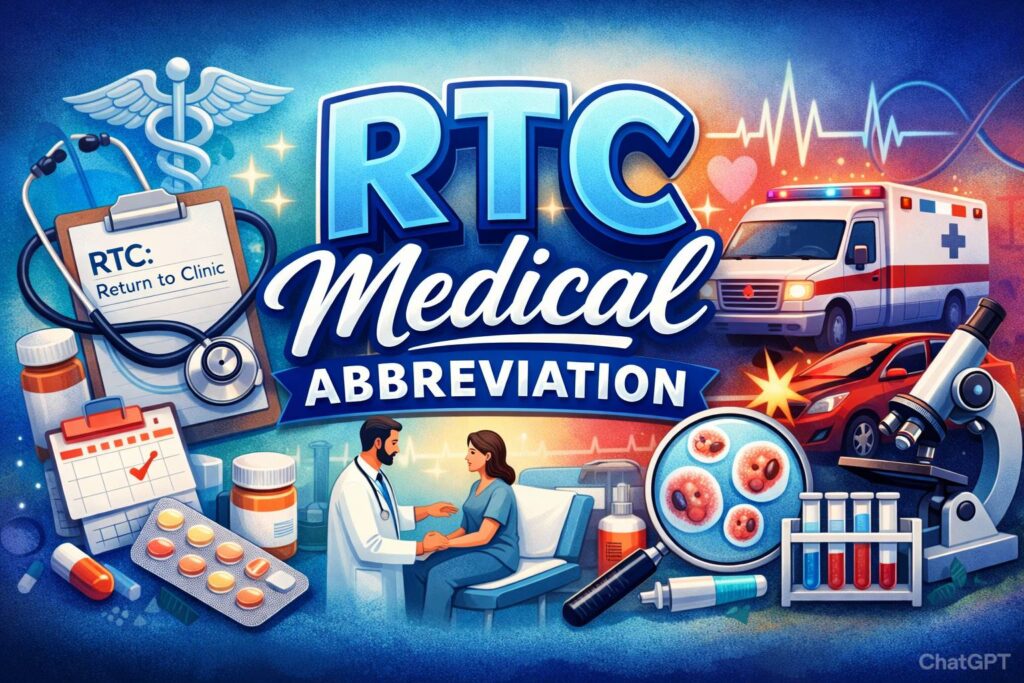College Readiness Checklist for High School Students

Preparing for college extends far beyond achieving academic excellence in high school. It involves a multifaceted approach that includes developing key skills, understanding the admissions process, financial planning, and much more. Each of these elements plays a critical role in ensuring a smooth transition from high school to college. Intended for high school students and their guardians, this article provides a comprehensive checklist that covers essential preparation areas. Whether you’re a freshman just beginning to consider your post-secondary options or a senior actively applying to colleges, this guide will help you navigate the road ahead. Keep reading to discover the strategic steps that will set any student up for collegiate success.
Understanding the Importance of College Readiness for High School Students

College readiness goes beyond meeting college admission requirements; it’s about equipping students with essential skills like critical thinking, time management, and self-directed learning to succeed in post-secondary environments. High school plays a key role in developing these competencies, as students benefit from guidance and resources that prepare them to analyze texts, solve problems, and communicate effectively.
Equally important are social and emotional skills, as students face new social dynamics and increased pressures in college. With high school scholarships and access to mentorship, students can also explore their academic and career interests, helping them choose a college and field of study that aligns with their goals.
Essential Academic Skills to Hone During High School
High school is a critical time for developing academic skills essential for college success. Writing proficiency is crucial for writing coherent arguments, conducting research, and citing sources. Quantitative literacy is essential for understanding numbers and data analysis across various disciplines. This foundation is crucial in college-level sciences and social sciences.
Technological literacy is also crucial, requiring proficiency in software platforms, coding, and online collaboration. High school students should participate in technology electives or extracurricular activities to sharpen these abilities. Study and organization habits, such as spaced repetition, active recall, and using planners or digital organization tools, are also crucial for effective learning. These skills not only help secure college admission but also contribute to excelling in college.
Navigating the College Admissions Process Successfully
The college admissions process can be challenging, but with proper planning and understanding, students can successfully navigate it. Early preparation allows students to research institutions, understand their unique requirements, and visit campuses. The goal is to find a good educational and social fit, not just securing a place at a prestigious institution.
Standardized tests like SAT or ACT are important, but building an impressive application, including extracurricular activities, is equally important. Personal statements or essays are also required, showcasing individuality and experiences. Being reflective and genuine in these writings can resonate with admissions officers. Deadlines, recommendation letters, transcripts, and financial aid forms are also essential. Seeking assistance from guidance counselors, mentors, or scholarships can help ease the overall burden of the admissions process.
Financial Planning and Management for Prospective College Students

Preparing financially for college is often challenging, but starting early can make a big difference. Understanding the costs of tuition, room, board, and other expenses, as well as exploring scholarships, grants, work-study, and student loans, helps students and families prepare more effectively. Building budgeting skills through part-time jobs or saving in high school can also set students up for financial responsibility and reduce stress.
Financial aid options, like FAFSA, and a variety of scholarships can ease the burden of college costs. Students with career-specific goals, such as those aiming for a bachelor in medical laboratory science, should research both the educational investment and the career’s earning potential, making it easier to plan for future success.
Building a Strong Support System and Seeking Resources
College preparation requires a strong support system, including family, friends, teachers, and counselors who offer encouragement and advice. High school students should seek resources like academic help centers, college access programs, and career advising for tailored guidance. Mental health support is crucial for students facing the pressures of high school and college preparations.
Accessing emotional support through school counselors or external services is a crucial coping strategy. Engaging in community service or extracurricular activities can enrich college applications and provide a network of peers and mentors. These environments allow students to share experiences and develop soft skills that will benefit them in the future. A supportive network is essential for students’ success in college.
Overall, preparing for college as a high school student involves much more than academic readiness. It’s about developing a comprehensive plan that tackles academic prowess, financial savvy, admission strategies, and emotional and social preparation. By addressing these areas early and building a strong support network, students can navigate the transition to college with confidence and purpose. With this checklist as a guide, students and their families can embark on the college journey feeling empowered and equipped for the road ahead.

































































































































































































































































































































































































































































































































































































